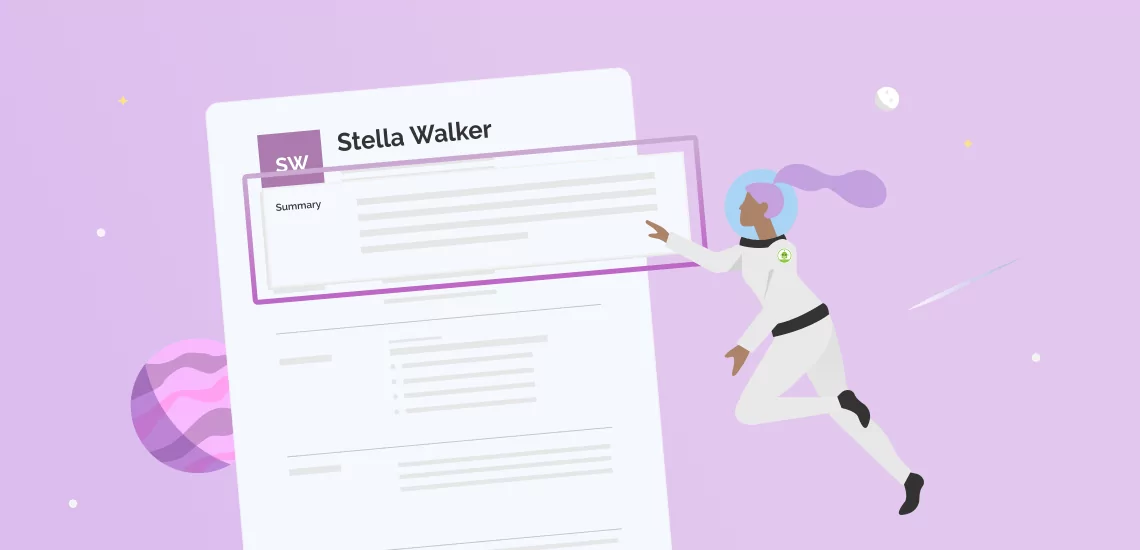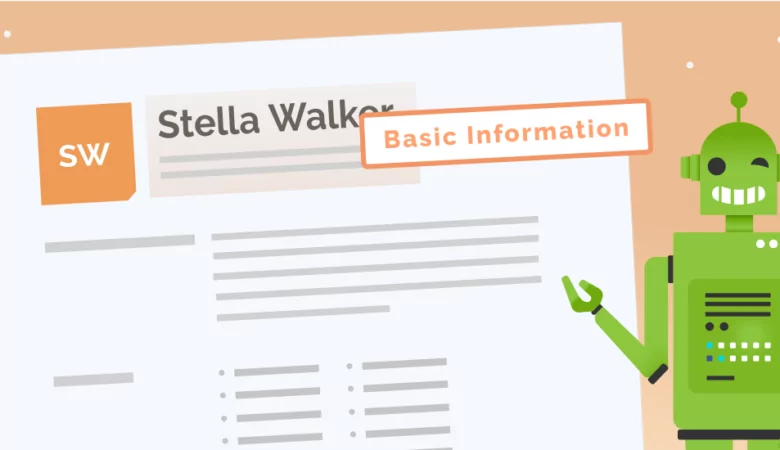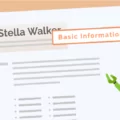A resume summary can encapsulate all your strengths and top skills for a specific job. What do you need to know to create a resume summary that works?

How to Write an Effective Resume Summary
What Is a Resume Summary?
A resume summary is a few short sentences that are located at the top of your resume, right below your header with your contact information. The purpose of a summary is to showcase who you are as an individual. You can think of it as an “elevator pitch” of your qualifications to a hiring manager. Resume summaries are also known as professional resume summaries or summary sections.
Resume summaries can help you stand out to job recruiters by allowing you to bring your most important work experiences to the forefront. Implementing one certainly can give you a leg up on the competition.

Why You Should Have a Resume Summary
A strong summary is one of the easiest ways to show off your greatest accomplishments, and pinpoint skills you have that can help the company that you are applying to.
Resume summaries are especially powerful if you can highlight abilities that fit the duties and responsibilities outlined in the job description. These can help your job application stand out since you are demonstrating your competencies and strengths right off the bat, and encouraging hiring managers to look at the rest of your resume.
The Three Things to Know About a Resume Summary
There are three very important key things to know before you begin writing your resume summary: resume summaries have a certain length, they must present your information effectively and they must have an appropriate writing style for the job that you are applying for.
Optimal Length
A good resume summary statement must be concise. Therefore, your resume summary must be no longer than a few sentences. You can have years of experience that you may want to show off, but you should only highlight your biggest accomplishments and skill sets here.
If you major experiences that are important for the job you are applying for, then you can also organize your resume summary into a few short bullet points.
How to Present Your Information
Good resume summaries should cover necessary information in a few sentences. You want to showcase your most relevant experiences as well as skills that you are most adept at which overlap with the characteristics the hiring manager is looking for.
Rather than just listing your skills, you also want to quantify them. How long have you demonstrated those skills? Did you implement or take part in implementing new initiatives at your old or current job? Did you develop new marketing strategies that produced concrete results? Do not be afraid to show off your work experience.
Writing Style
The writing style of your resume objective should mimic the vernacular and vocabulary that is used in the industry you are applying for. ResumeNerd can help you get started with professional summary examples and tips to keep your writing style relevant.
Tailoring Your Resume Summary to Your Industry
Making sure to keep your resume summary relevant is critical in the job search. For inspiration, look at the job descriptions for jobs you are interested in applying for. What kind of skills and competencies are they looking for in a job candidate? What will help you be successful at that job? Some job titles might also have keywords that you want to include in your statement.
Another way to get started is to look at other job postings and resume summary examples in your industry, and see what type of accomplishments they include and what they choose to highlight. For example, if you are applying for a project manager position, you must exhibit your strong communication skills and problem-solving skills, emphasize an excellent track record, demonstrate that you have experience in leadership roles as well as exhibit extensive interpersonal skills. Both hard and soft transferable skills are great to include.
Remember, the best resumes are relevant. ResumeNerd can help you strengthen your own resume with their resume templates and examples based on different industries! From digital marketing to e-commerce, healthcare, and even marketing manager resumes, ResumeNerd has got your back.
FAQ: Resume Summary
Cover letters are separate documents from your resume, with a different format and set of information. Cover letters are focused on developing a more in-depth look at who you are as a person, why you want the job you are applying for and why you would make a good fit. While you also will want to highlight relevant skills and experiences, cover letters are meant to provide a holistic version of you as a candidate and should be one page max.
Resume summaries are short and sweet. They are included in your resume format and must always be found at the top of your resume. Resume summary statements point out your very best accomplishments from your resume right away to your hiring managers.
It would not hurt. However, since these jobs tend to require less experience, your summary may end up being a resume objective. Resume objectives still showcase your best qualities, but also include a statement about your career goals, similar to your summary section in a LinkedIn profile.
For example, even if you lack experience, you can still express your desire to become a project manager, account manager, social media marketing manager or even begin a startup company. Recruiters appreciate job candidates with big goals for themselves since it tells them you are a hard worker.
When it comes to an applicant tracking system (ATS), the most important takeaway here is relevancy. Make sure that your resume summary contains keywords that are related to the company goals, job description and other characteristics that hiring managers of that industry look for. For more on writing a resume that’s ATS-compliant, see ResumeNerd’s resume tips.








